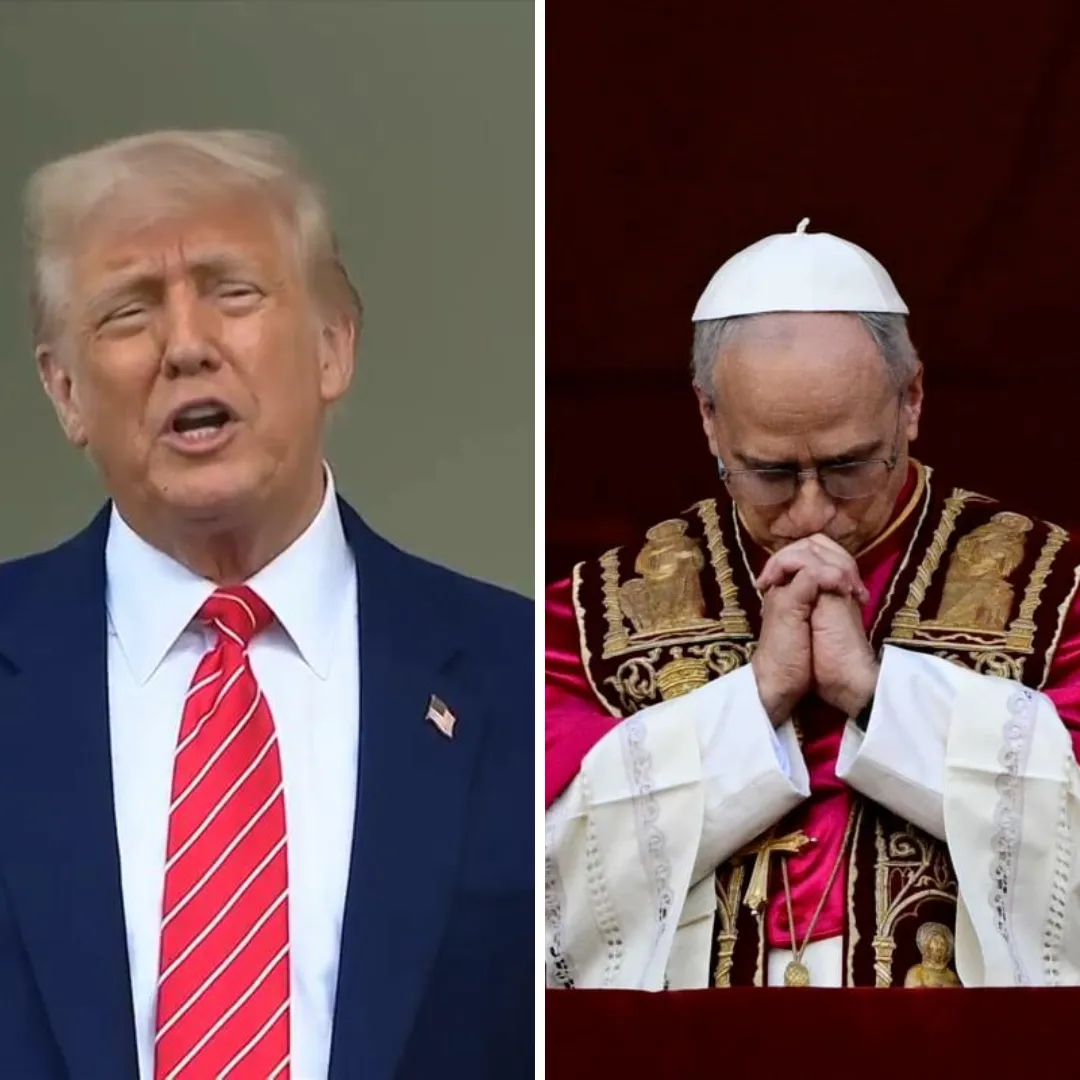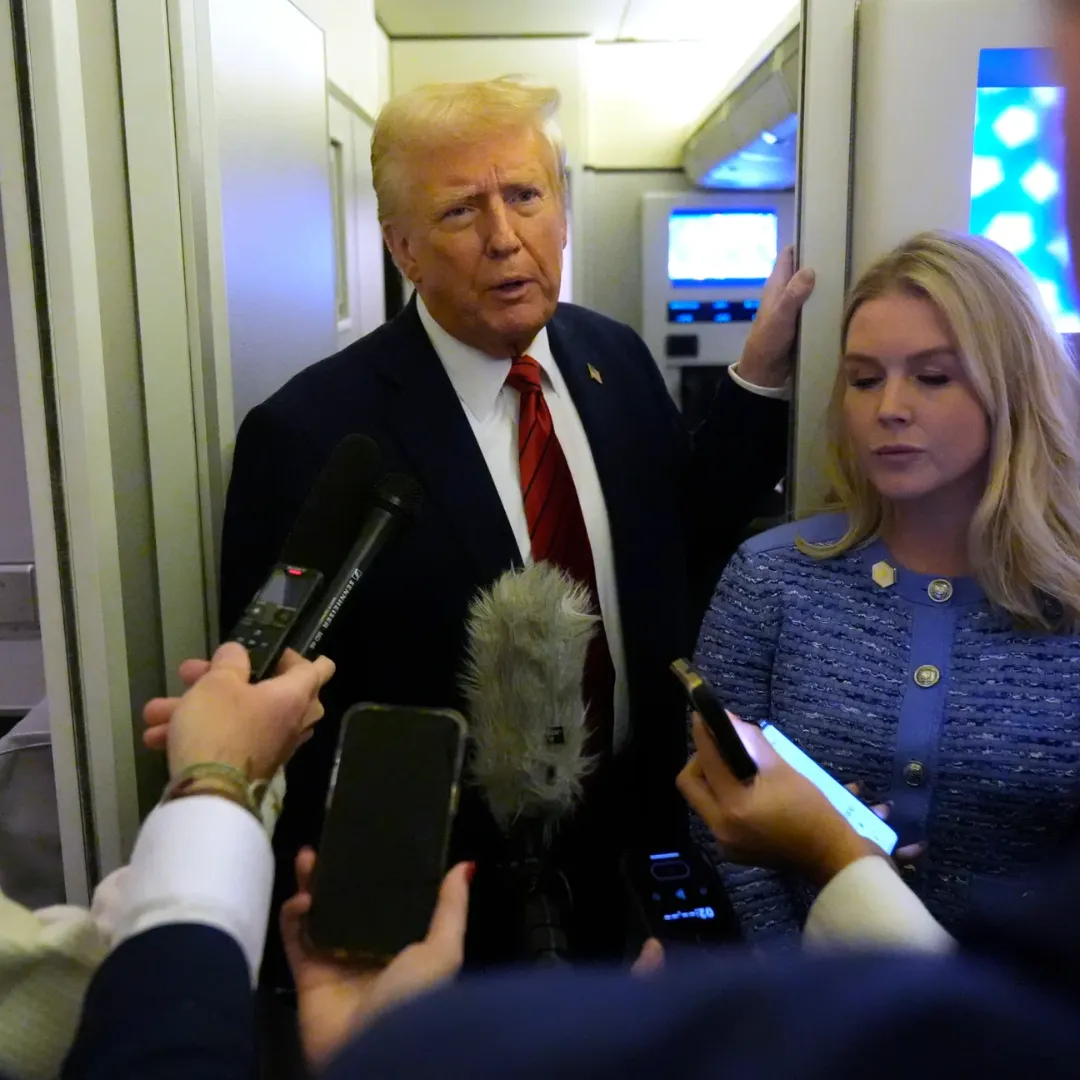
Amid ongoing attacks from the Trump administration on higher education, faculty senates at universities in the Big Ten Academic Alliance have taken a significant step to defend academic freedom.
The initiative, which began at Rutgers University, calls for the establishment of a “Mutual Academic Defense Compact” (MADC) designed to support universities across the region that face legal, financial, or political pressure from the federal government.
The resolution, passed by Rutgers University Senate on April 6, urges the university to take a leading role in creating this collaborative defense network.
The MADC initiative is a direct response to what many faculty members see as a coordinated effort by the Trump administration to undermine the autonomy of academic institutions.
The resolution accuses the federal government of using various means to intimidate and coerce universities, including withdrawing federal funding, dismantling diversity programs, and threatening to deport international students.
According to the Rutgers Senate, these actions threaten not only the functioning of universities but also the very principles of academic freedom and the integrity of education.
The resolution from Rutgers has sparked significant interest within the Big Ten Academic Alliance, an organization comprising 14 universities across the United States.
Since its introduction, the proposal has been adopted by at least four additional universities in the Big Ten, with Michigan State University becoming the latest to join the initiative this past Tuesday.

The MADC aims to create a network of universities that can provide support to one another in the face of any future attempts to infringe on their academic freedom.
As part of the compact, participating institutions would be expected to offer legal counsel, share expertise, and provide support through public affairs offices to help any university under threat from the Trump administration.
Additionally, a fund would be created to provide "immediate and strategic support" to institutions in need of assistance, whether through financial resources or organizational backing.
Rutgers Senate Chair Lucille Foster has been a strong proponent of the resolution. In an interview, she explained that faculty members at universities have a moral and ethical obligation to defend the academic mission.
"Senators have a moral and ethical responsibility to review matters that are impacting anything related to university-level academic freedom, curriculum, policies, etc. If they see any kind of dangers or infractions on those fronts, then it’s the university senate’s responsibility to collect that information and have a robust conversation about it, and then take a vote on it and bring it to the university president’s attention," Foster said.
Although resolutions passed by faculty senates are nonbinding, Foster emphasized the importance of starting from the ground up in addressing these concerns. "It’s about starting on a micro level and then working your way up," she said.
"The administration is in support of our starting on a micro level with the Big Ten senates. Very few successful things happen on a macro level. If you’re in charge, if you’re a CEO or a president, you can make sweeping motions, but that’s not the way most universities want to work. You really want to start on the ground level."
The MADC is a response to what many view as a direct assault on the very foundations of higher education.

As Trump continues his presidency with an aggressive stance on issues like immigration, funding for universities, and diversity programs, faculty members and university leaders feel a growing need to defend the space where knowledge is produced, debated, and transmitted.
The new initiative is, in part, a way to ensure that universities can continue their work without fear of retaliation.
Since the resolution was first passed at Rutgers, it has gained traction at other universities, with several adopting the same position.
The University of Nebraska, Indiana University, and the University of Massachusetts Amherst have joined the initiative, indicating a growing coalition of schools committed to protecting academic freedom from external interference.
But not every school has been quick to sign on. Some universities, particularly those located in more conservative states, have expressed hesitation about joining the compact for fear of retaliation from the Trump administration.
Faculty members at these universities have voiced concerns that publicly aligning with the initiative could jeopardize their funding or make them targets of the administration’s ire.
Rutgers has acknowledged these concerns and plans to host a meeting in May to address the hesitation and encourage more universities to join the cause. "It’s an unrealistic bar to think that you will get 100 percent support," Foster admitted.
"But I think that quietly, there were a lot of schools that had contacted me and said, ‘I don’t know if we can sign on, but we’d love to participate in the conversation.’ And that, to me, is successful."

She continued, "As long as you’re in the room and you feel like you have a voice and you’re being heard, and I, again, both sides… I’m looking for bipartisan support. I’m not just looking for one side of the conversation."
Foster’s emphasis on maintaining a bipartisan approach underscores the importance of inclusivity in this initiative. While the MADC may have begun in response to attacks from the Trump administration, its organizers want to ensure that it remains a broad-based, cross-party effort.
They believe that defending academic freedom is a cause that transcends party lines and should unite people of all political persuasions.
The political landscape, however, is far from balanced. The Trump administration has made it clear that it views many universities and their associated faculty members as political opponents.
The President has regularly criticized institutions of higher learning, accusing them of harboring left-wing ideologies and promoting "political correctness" at the expense of traditional American values.
His administration has threatened to withhold federal funding from schools that engage in what he perceives as "liberal bias" or fail to "correct" their curriculums to better align with his agenda.
As these threats continue, it is becoming increasingly clear that higher education is one of the battlegrounds in the broader ideological struggle playing out across American society.
For many faculty members, the MADC represents a crucial step in fighting back against a concerted effort to delegitimize academic institutions and undermine the principle of academic freedom.

However, as Foster acknowledged, the fight will not be easy. The political climate in the U.S. remains highly polarized, and universities in conservative areas may find themselves under intense scrutiny if they align too publicly with the initiative.
Faculty members in these regions may be at risk of backlash from both the administration and local political figures, making it difficult for them to participate without facing potential repercussions.
In the face of these challenges, Rutgers and its allies are pressing ahead. The Mutual Academic Defense Compact, they argue, is more than just a symbolic gesture.
It is an essential defense of the academic mission that ensures the continued autonomy of universities and the protection of their ability to function as independent spaces for inquiry, discussion, and learning.
The MADC’s supporters believe that the Trump administration’s aggressive stance toward higher education cannot be allowed to go unchecked.
They are calling on other institutions to step up and join the effort, recognizing that without unity, individual institutions will be easy targets.
As the initiative grows, so too will the pressure on universities to choose a side in this larger political struggle.
The question remains whether enough universities will be willing to risk political fallout to protect their academic freedom. If the MADC succeeds, it could provide a model for other institutions across the country to follow in the fight for intellectual independence.
Ultimately, the outcome of this struggle will likely determine the future of academic institutions in the United States.
As the Trump administration continues to pursue its agenda, universities and their faculty members are faced with the difficult task of defending the very foundations of education and academic freedom from an unprecedented assault.
The MADC is their first concerted effort to fight back — and its success could pave the way for a broader movement that defends the autonomy of education against political interference.



